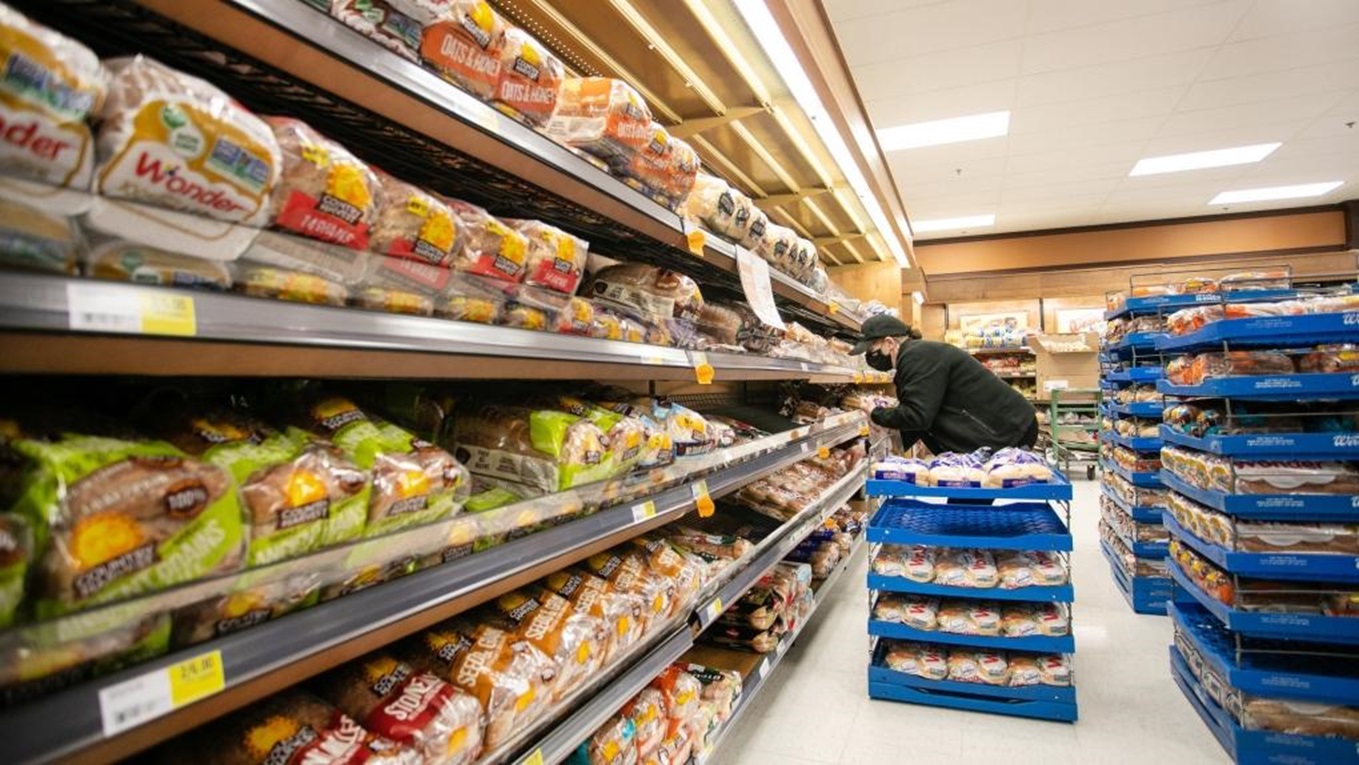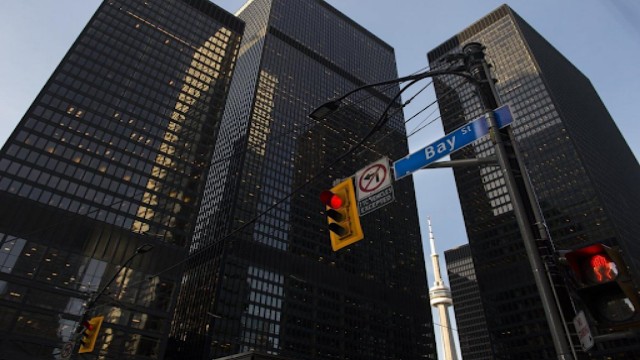
An employee replenishes the bakery and bread shelves at an Atlantic Superstore grocery store in Halifax on Friday, January 28, 2022. This action was captured by Kelly Clark of THE CANADIAN PRESS.
The bread supplier, Canada Bread Co. Ltd., implicated in price-fixing earlier this year, has filed court documents asserting that any anti-competitive actions it undertook were directed by its then-majority shareholder, Maple Leaf Foods, to their advantage.
In response to a class-action lawsuit alleging a bread price-fixing scheme, Canada Bread stated in its defense that it wasn't involved in an extensive conspiracy to fix bread prices or profited from any wrongdoing associated with the alleged conspiracy. It specifically denied benefiting from the price increases it admitted to as part of the Competition Bureau's investigation.
The company clarified in its statement filed with the Ontario Superior Court on October 25 that any gains resulting from anti-competitive conduct benefitted Maple Leaf and rebuffed claims of improper pricing conduct while Maple Leaf was a shareholder. Suzanne Hathaway, Maple Leaf's senior vice-president, denounced these allegations, stating they were unsubstantiated and reiterated that Canada Bread's defense simply regurgitates baseless accusations made earlier this year.
In June, Canada Bread faced a $50 million fine after pleading guilty to four counts of price-fixing bread products under the Competition Act. The Competition Bureau referred to it as the most substantial price-fixing penalty imposed by a Canadian court. The company admitted to colluding with Weston Foods, a competitor, leading to price increases in 2007 and 2011, acknowledging the involvement of one of its senior executives, who also held a senior position at Maple Leaf during that period.
Maple Leaf previously denied any knowledge of wrongdoing by Canada Bread or its senior leadership during the time Maple Leaf held the majority shares. However, reports later surfaced, suggesting that the Competition Bureau believed former Maple Leaf CEO Michael McCain was aware of the alleged anti-competitive conduct being investigated.
Canada Bread's defense aims to distance itself from any potential culpability, indicating that the responsibility for any malpractice lies with Maple Leaf, not Canada Bread. Experts view this strategy as an attempt to shield themselves comprehensively from risks associated with the allegations.
Both Maple Leaf and Canada Bread maintain their stance against accusations of illegal conduct during their association. The ongoing legal battle involves various entities, including major bakery wholesalers, grocery retailers, and other companies accused of conspiring to fix packaged bread prices in Canada.
The class-action lawsuit seeks redress for Canadian residents who purchased packaged bread after November 1, 2001, excluding Quebec residents and parties related to the defendants. The case is ongoing, with the involved parties vehemently denying allegations of wrongdoing and directing accountability elsewhere.















